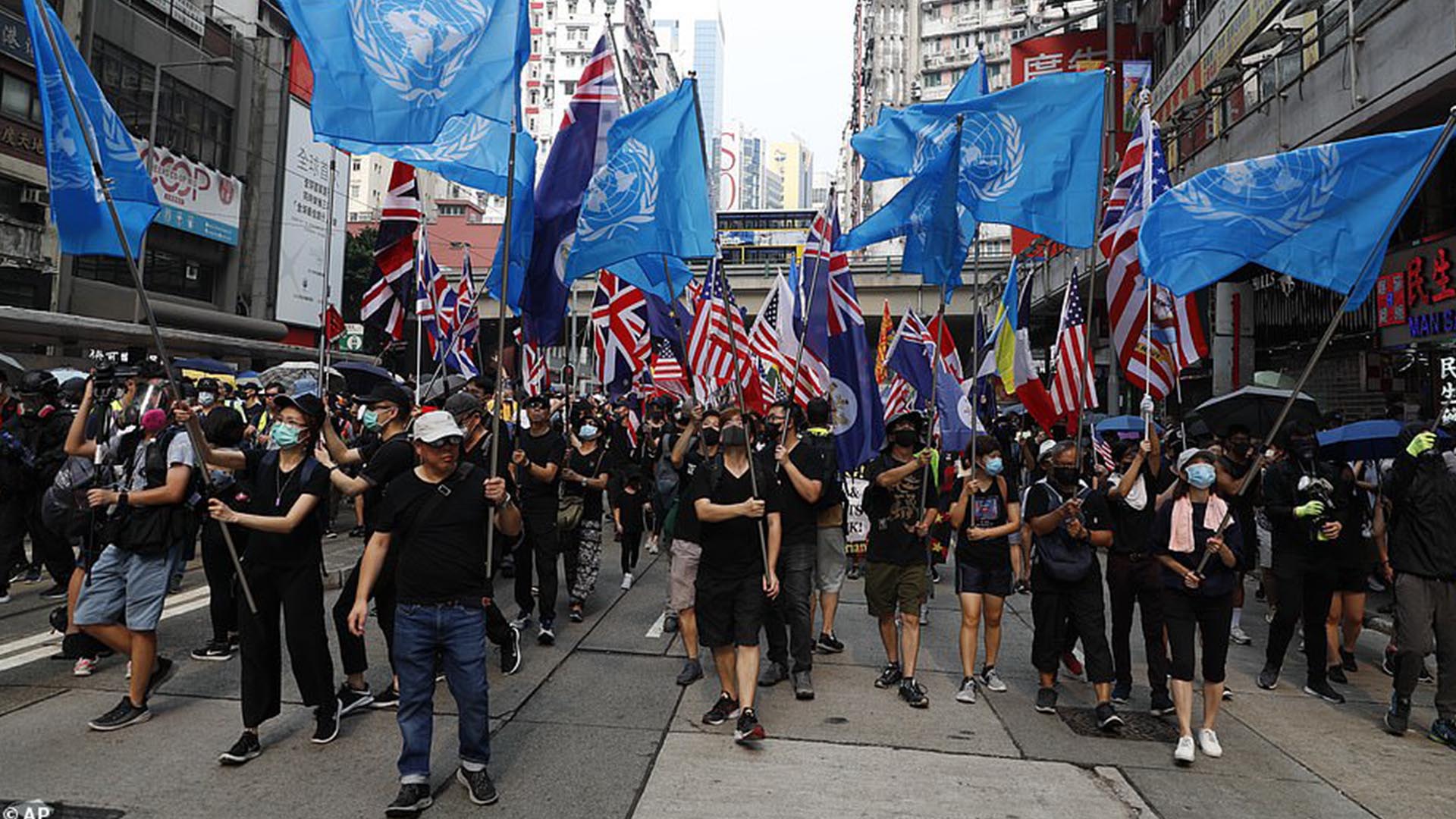4 years ago

A student group along with pro-democracy labor unions could not secure the required 60000 votes to go ahead and call for a strike called against the national security legislation imposed by Beijing.
The city wide poll had only a participation of 8943 union members.Although 95% of those who voted were in support of the intended strike. This result has been a major blow to the protest movement in Hong Kong, which has been going on against China’s attempts to curtail Hong Kong’s power and dictate what happens there.
After about a year since its start, recent demonstrations and rallies have seen falling participation due to a higher risk of arrest along with denial of permission from the police citing coronavirus restrictions on large gatherings.
Separately, the Secondary School Students Action Platform said it would not initiate a class boycott, as they fell short of some of their targets for in-person votes.
Voting took place on Saturday and the results were announced around midnight. This has been seen as a severe blow to the pro-democracy movement which has drawn the attention of the world, and the United States suggesting China should listen to the protestors’ demands.
The unions represented almost two dozen industries, including aviation, transport, construction, technology and tourism. Most were formed in the past year as pro-democracy activists have spearheaded the biggest push to unionize the laissez-faire, ultra-capitalist finance hub - where collective bargaining rights are not recognized - since Britain handed the city back to China in 1997.
China on Saturday announced details of the national security legislation, unveiling Beijing will have overarching powers over its enforcement and signaling the deepest change to the city’s way of life since the handover.
The planned law has alarmed foreign governments as well as democracy activists in Hong Kong, who were already concerned that Beijing was tightening its grip over the semi-autonomous city.
Officials in Beijing and Hong Kong have sought to reassure investors that the law will not erode the city’s high degree of autonomy, insisting it will target only a minority of “troublemakers” who pose a threat to national security.